‘Bobby Kennedy for President’ Shows All Sides of RFK
The new Netflix documentary chronicles an American icon's journey from self-serving prosecutor to social justice crusader.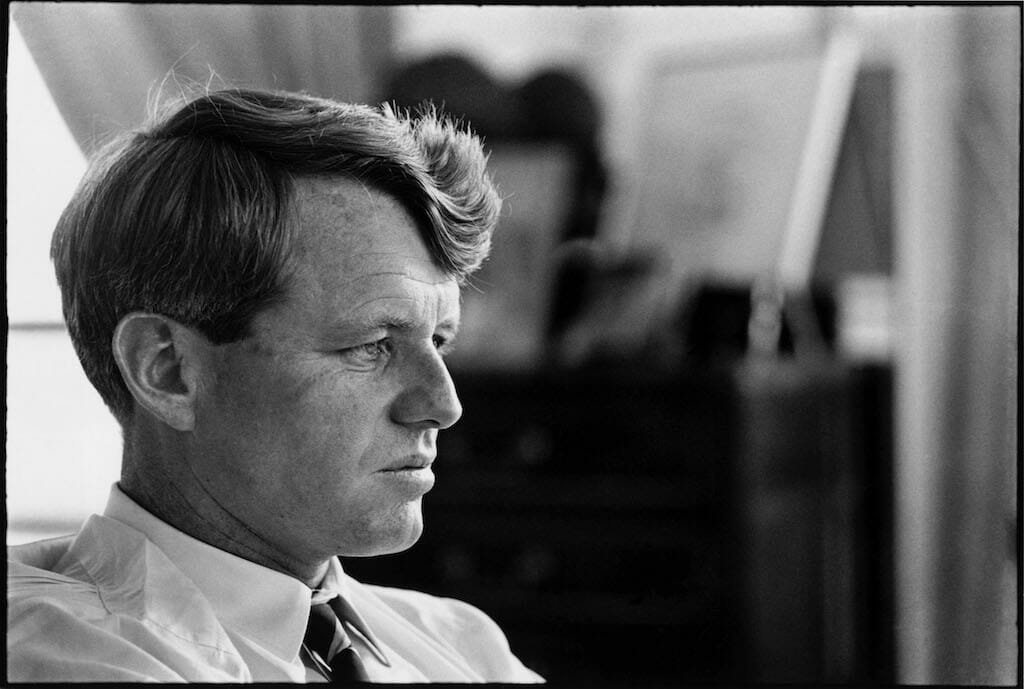 Robert F. Kennedy in his New York City apartment in 1966. (Netflix)
Robert F. Kennedy in his New York City apartment in 1966. (Netflix)
On the morning of June 6, 1968, 17-year-old Juan Romero left the Rampart Police Station in downtown Los Angeles and caught a bus to school. Along the way he looked down and noticed the dried blood between his fingers and under his nails. It belonged to Robert F. Kennedy, who had been gunned down hours earlier in the kitchen at the Ambassador Hotel, where Romero worked as a busboy.
“Once they pulled us to the station, they told me don’t wash your hands, don’t take your coat off,” Romero tells Truthdig about that night. His story is one of many in the new Netflix series “Bobby Kennedy for President,” filmmaker Dawn Porter’s four-part chronology that begins April 27.
“When it first happened, I was waiting for him, to shake his hand,” Romero recalls about the encounter that occurred moments after RFK’s victory speech following his California primary win. “As soon as he grabbed my hand, I started to look up and I remember hearing those popping sounds that sounded like firecrackers.”
Romero felt the powder burn on his cheek from Sirhan Bishara Sirhan’s gun, only a few feet away. “A second later, I dropped down and could see him laying [sic] there on the concrete. I got, initially, no reaction from him. I could see that one eye was blinking and one of his legs was twitching. I kneeled down and I tried to protect his head.”
In an effort to clear Kennedy’s breathing passages, he slipped a hand behind his neck to elevate it. “I could feel his blood streaming between my fingers, warm,” he shudders. “Then I realized it was a lot more than I thought.”
Romero had come into the kitchen hoping the senator would recognize him from the night before when he and a waiter delivered room service. What he recalls of that interaction is standing and gawping as Kennedy turned to him and shook his hand. “I remember walking out of there feeling 10 feet tall,” says Romero. “That’s when I first started to put the Kennedy name together with being a fighter for social justice.”
Romero’s assessment fits the standard view of the New York senator and Democratic front-runner at the time. But filmmaker Porter focuses more on the candidate’s transition from his early days in 1952 working with Joseph McCarthy during the House Un-American Activities Committee (HUAC) hearings, a position secured him by Kennedy’s powerful father, Joseph P. Kennedy.
In the late 1950s, while serving as chief counsel to the McClellan Committee investigating improper activities in labor and management, Kennedy famously faced off with teamster chief Jimmy Hoffa, incurring the wrath of lawmakers on both sides of the aisle for grandstanding, as well as for deriding witnesses who exercised their Fifth Amendment rights.
“I think that was sincere. That wasn’t making the best of a situation,” Porter says of Kennedy’s early days. “I think that was what he believed at the heart of it. That extended. He authorized wiretapping on Martin Luther King. J. Edgar Hoover signs off on this. This wasn’t a person who easily shed those early beliefs. And that, to me, is why it’s all the more important and remarkable that he changes.”
Having successfully run JFK’s 1952 Senate campaign, he did the same for his brother’s presidential run in 1960. Needing votes in the South, the campaign wooed the African-American community while cautioning Martin Luther King Jr. to ease up on the civil rights marches. When King was jailed in Atlanta on spurious charges just weeks before Election Day, RFK discouraged his brother from placing a phone call to Coretta King, who was pregnant at the time. But the advice was ignored, and news of the call leaked to reporters. In the end, it was a second call, between RFK and the judge in the matter, that freed King.
Once in office, the Kennedy administration dragged its feet on civil rights issues, and even OK’d a wiretap on King’s phone. “He [RFK] certainly does not begin as a civil rights advocate,” Porter observes. “In fact, he views race relations at first completely in political terms. His embracing Martin Luther King could alienate the South and lose JFK the presidency. That’s what he believed, and there’s a lot of evidence to support that case.”
Over time, through interactions with figures like civil rights activist (now Congressman) John Lewis, activist/actor Harry Belafonte, Dolores Huerta, Cesar Chavez and others, RFK formed a more sophisticated understanding of the need for government involvement in confronting civil rights issues.
“We wanted to show that evolution rather than tell it. We tried to give you enough so you could judge for yourself,” Porter explains. “Certainly, Kennedy’s appeal to minority voters sealed his narrow victory. He inspired a devotion among those groups who had been ignored for so long. He was going to expand the electorate and make some fundamental changes to how elections proceeded. It’s a hugely important point in history and such a contrast to where we are today. What’s happening now are efforts to repress the vote. Demographics are changing in this country, and if you can’t win over people with policy, maybe you stop them from voting.”
If there’s a lesson in Porter’s film for today’s leadership, it’s this: Don’t be frightened of change. “You don’t have to dig in your heels on a position. Maybe you’re wrong. Maybe there’s something for you to learn,” she suggests, noting how her subject appears to have come around to seeing people of color less as votes and more as fellow Americans. “I feel like he came at people and judged them for who they were and how they behaved, and that’s ultimately what we’re all asking.”
Romero has described meeting Kennedy as the moment in which he felt most American. As he knelt over the dying man that night he saw his lips move. “I put my ear next to him, and I remember him saying, ‘Is everybody OK?’ I say, ‘Yeah.’ He turned to his right and said, ‘Everything’s going to be OK.’ “
Hours later, Robert Kennedy was dead.
Your support is crucial...As we navigate an uncertain 2025, with a new administration questioning press freedoms, the risks are clear: our ability to report freely is under threat.
Your tax-deductible donation enables us to dig deeper, delivering fearless investigative reporting and analysis that exposes the reality beneath the headlines — without compromise.
Now is the time to take action. Stand with our courageous journalists. Donate today to protect a free press, uphold democracy and uncover the stories that need to be told.
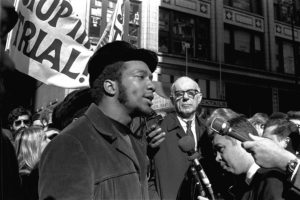
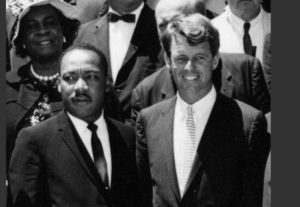
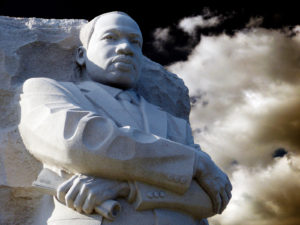
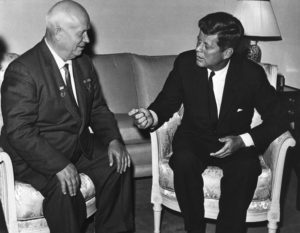
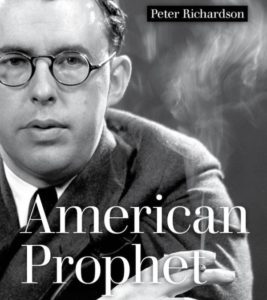
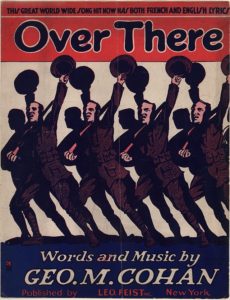
You need to be a supporter to comment.
There are currently no responses to this article.
Be the first to respond.